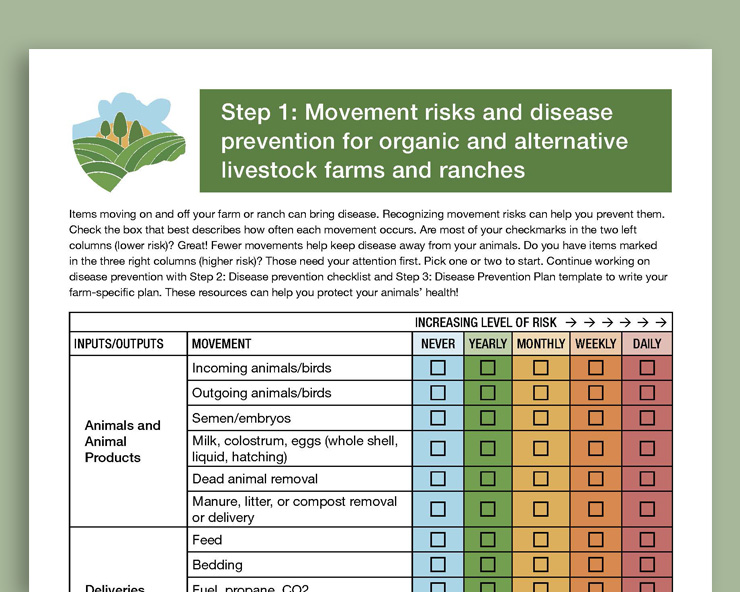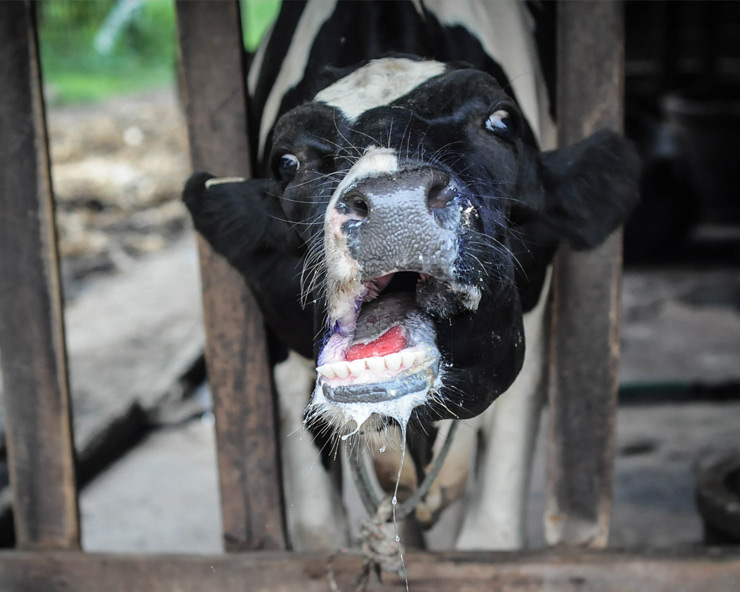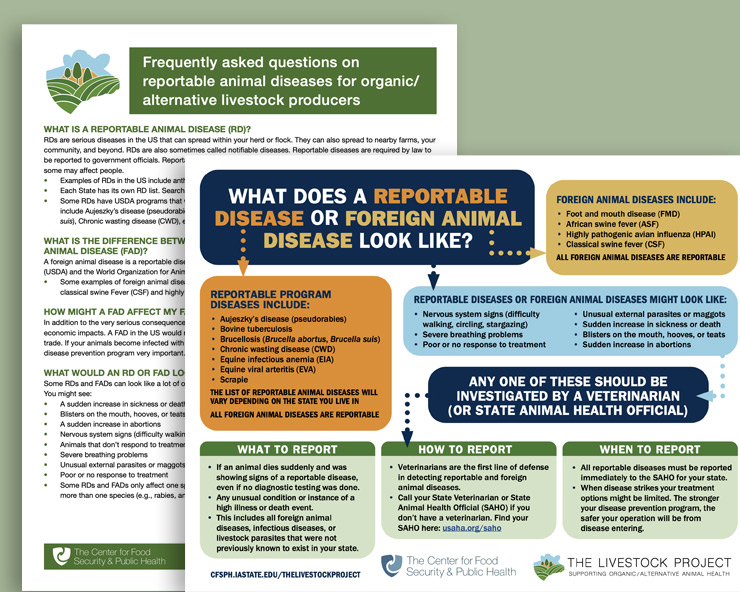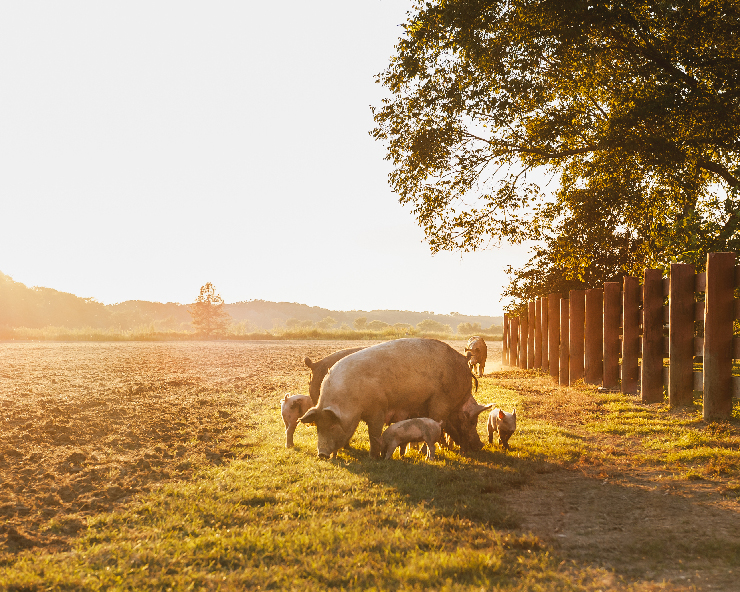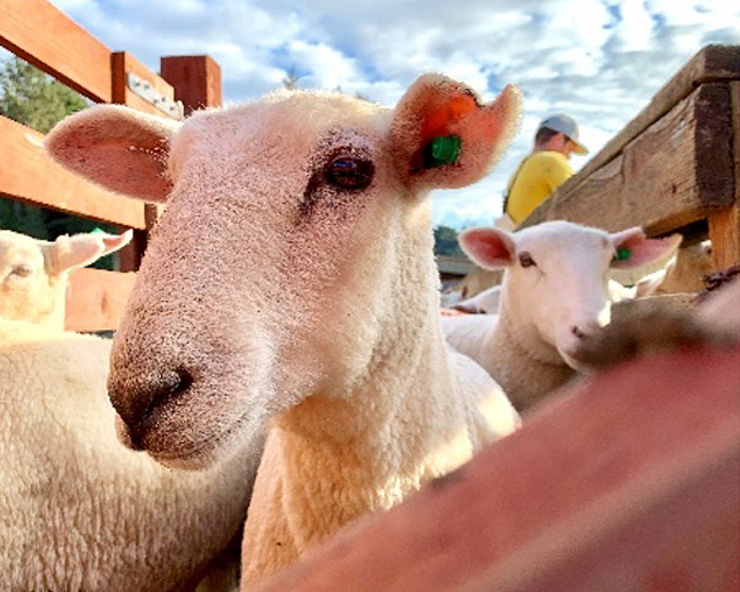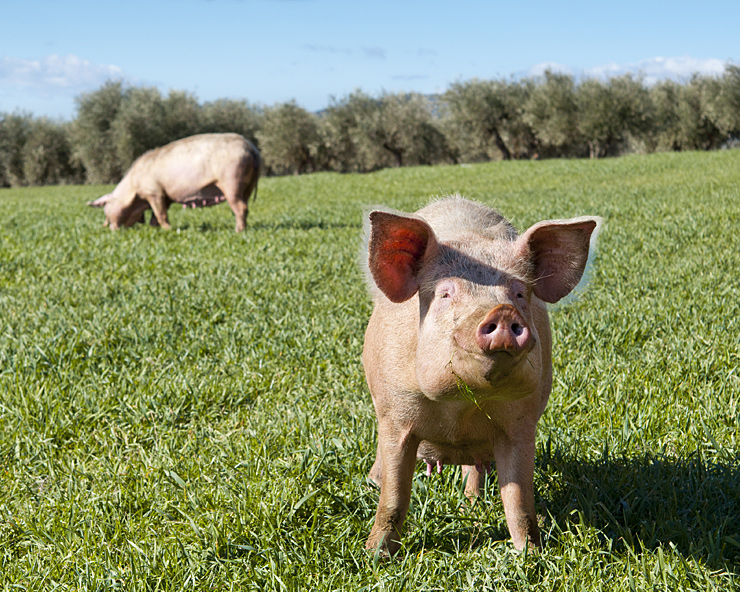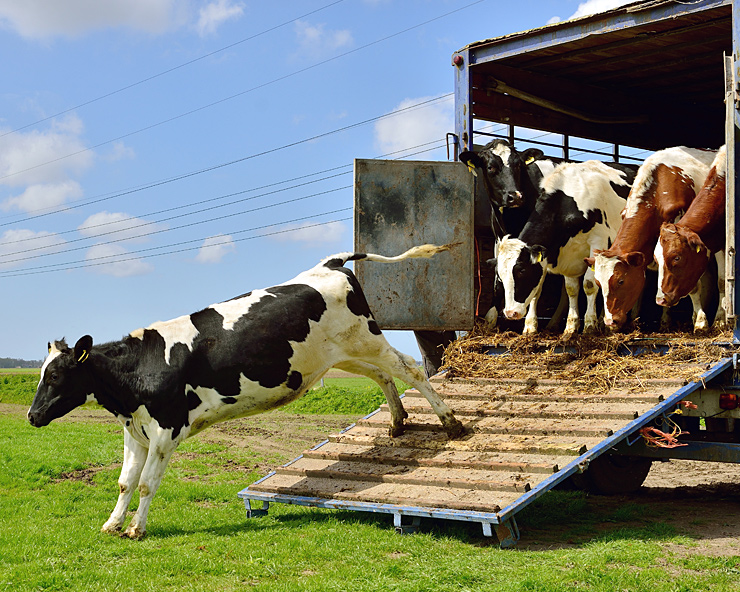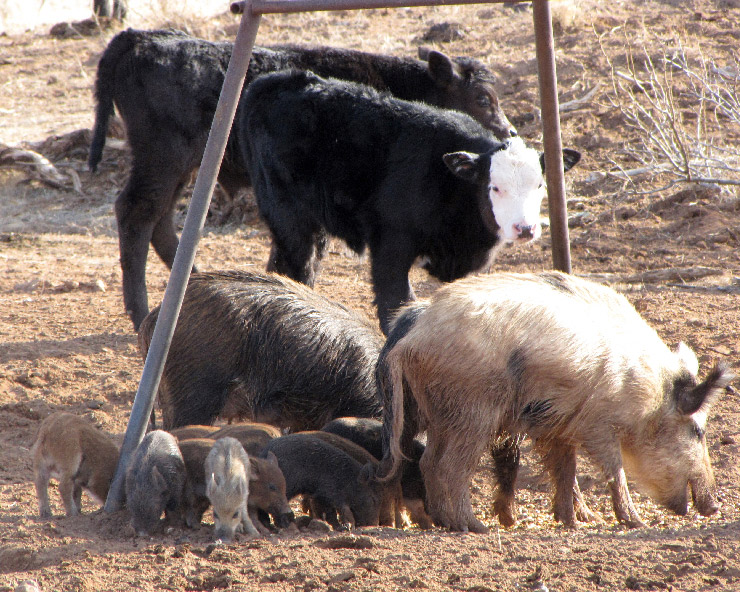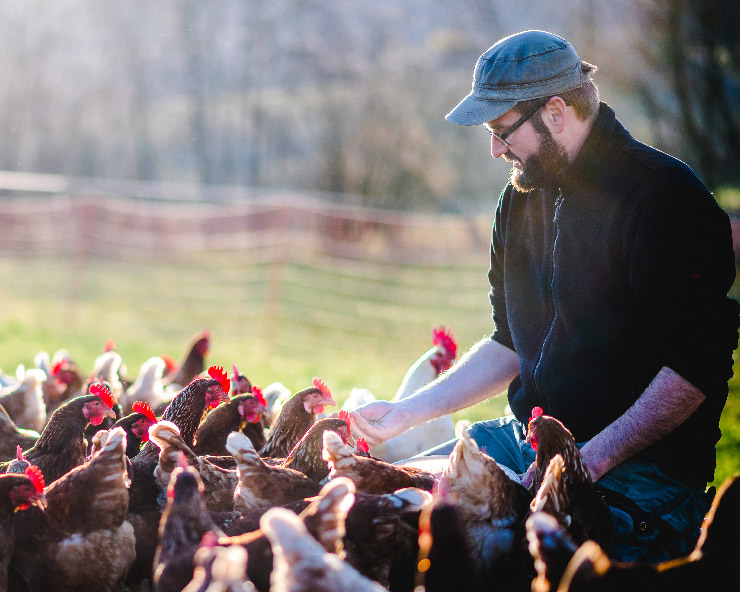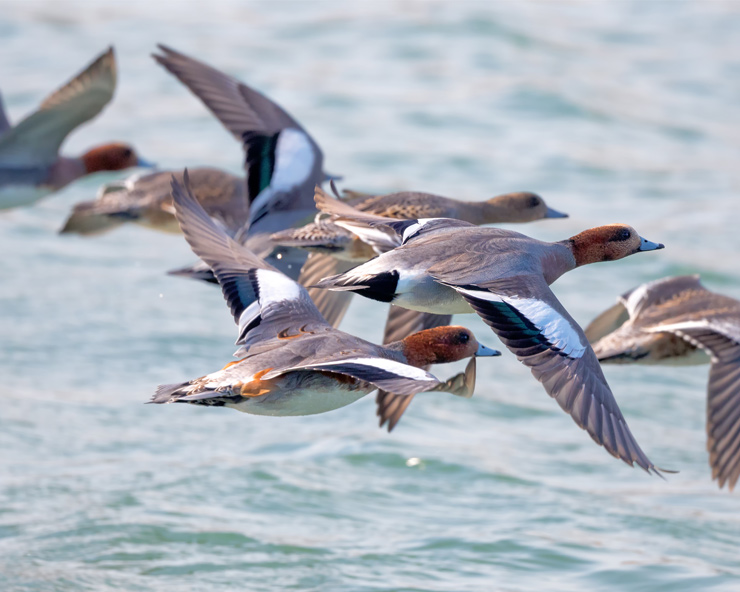Movement risks checklist for organic and alternative livestock
Items moving on and off your farm or ranch can bring disease. Recognizing movement risks can help you prevent them. The Livestock Project has created a Step 1: Movement risks checklist that can help you recognize and think about the types of movements that happen on your operation. In addition, the checklist can help you … Read more

